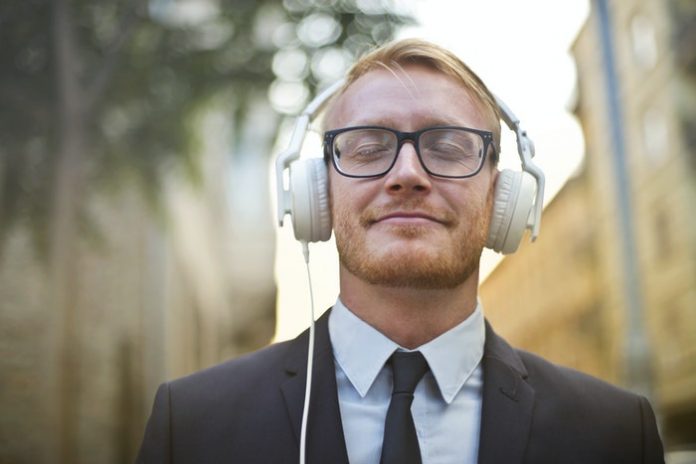By: Dr. Patrick Porter, Neuroscience Expert and Creator of BrainTap®
Whether ensuring your office is safe for essential workers, setting up for homeschooling, or running your business through Zoom meetings, everything has changed in the past few months. COVID-19 provides worries and anxieties on a daily basis. Health concerns, back-to-school issues, or stress that comes from re-working and re-aligning your organization have made distractions a way of life. These further affect sleep cycles and the ability to relax, leaving us more open to other health issues such as depression, ADHD, obesity, Type 2 diabetes, cardiovascular disease, cancer, and Alzheimer’s. Along with health issues, it leaves us vulnerable to triggers and poor moods that make dealing with the pandemic even more draining.
According to a recent survey, 59% of people said they now can’t use shared spaces in their workplace without fear. Parents working at home now have the added distraction of supervising and teaching their kids 24/7 and even those without children are having trouble focusing; 64% of respondents shared they aren’t as productive because of pandemic-related stress and anxiety. We’re attempting to keep our families healthy, distanced, and within a normal routine. Often when we worry, we find that, not only do our bodies weaken, but we lose the ability to focus and remember tasks directly in front of us. This happens when worry takes over our brain. It’s even worse when it keeps us up at night.
As a researcher in the fields of brain and mental wellness, lack of sleep and physical relaxation is a key focus in my practice. It’s a main reason I created the BrainTap app. Without sleep, stressors become even more of a distraction than if we were well-rested and able to think clearly. Increased stress and anxiety surrounding COVID-19 has understandably caused work productivity to plummet because our emotional state is directly connected to our ability to focus. Stress, anxiety, and fear elevate cortisol levels in the brain which interferes with memory, making it difficult to concentrate. Whether updating a resume or headlining a Zoom call with your employees, a decrease in productivity significantly impacts a company’s bottom line and personal stress levels.
Both at home or in the office, distractions are plentiful. Our phones, computers, TVs, family, friends, and coworkers are barriers to productivity and COVID-19 already makes it difficult to concentrate. We’re nervous about safety. We’re concerned about our children. We’re unsettled about friends and family still without work. For a switch in perspective, Forbes magazine suggests writing down examples about quarantine or the pandemic experience that have been positive for you and your family. It could be bonding with your child. A break from commuting to the office. Or you may have finally picked up a new hobby. Encourage your family or employees to put pen to paper and list their own positives. When frustrated or stressed, re-read your list to remember that a silver lining always exists, and stressful times do subside.
One productivity-boosting strategy I recommend is to take a “time-out” from work or mental activity every 75 to 90 minutes. The break need not be long but stepping away from work for even 10-15 minutes resets your brain, allows your mind to relax, and puts you into a clear headspace. Exercising and meditating are also great ways to increase concentration and memory. You can also take a short walk, read an interesting article, call or text a friend, or even sit in a quiet place and empty your thoughts. The point is to increase blood flow and oxygen intake, to substitute mental weight with something positive that lessens the stress in your mind.
Timing is also important. Analytical activities should be completed earlier in the day. These activities require a brainwave known as beta which tends to spike a stress response, causing you to use more brain power. Working on such tasks during afternoon or evening can cause an influx in stress energy that makes sleep difficult.
Calming speech such as ASMR videos or soothing music can help prepare you for deep sleep. Our BrainTap users listen to sessions at bedtime, which encourages a peaceful state of mind when waking. In order for the mind and body to be best equipped to remain focused and productive, we need to sleep well and settle our stress levels. Restful sleep and calmed nerves are necessary to achieve goals and accomplishments amidst plentiful distractions of life in 2020.
Find a Home-Based Business to Start-Up >>> Hundreds of Business Listings.

















































